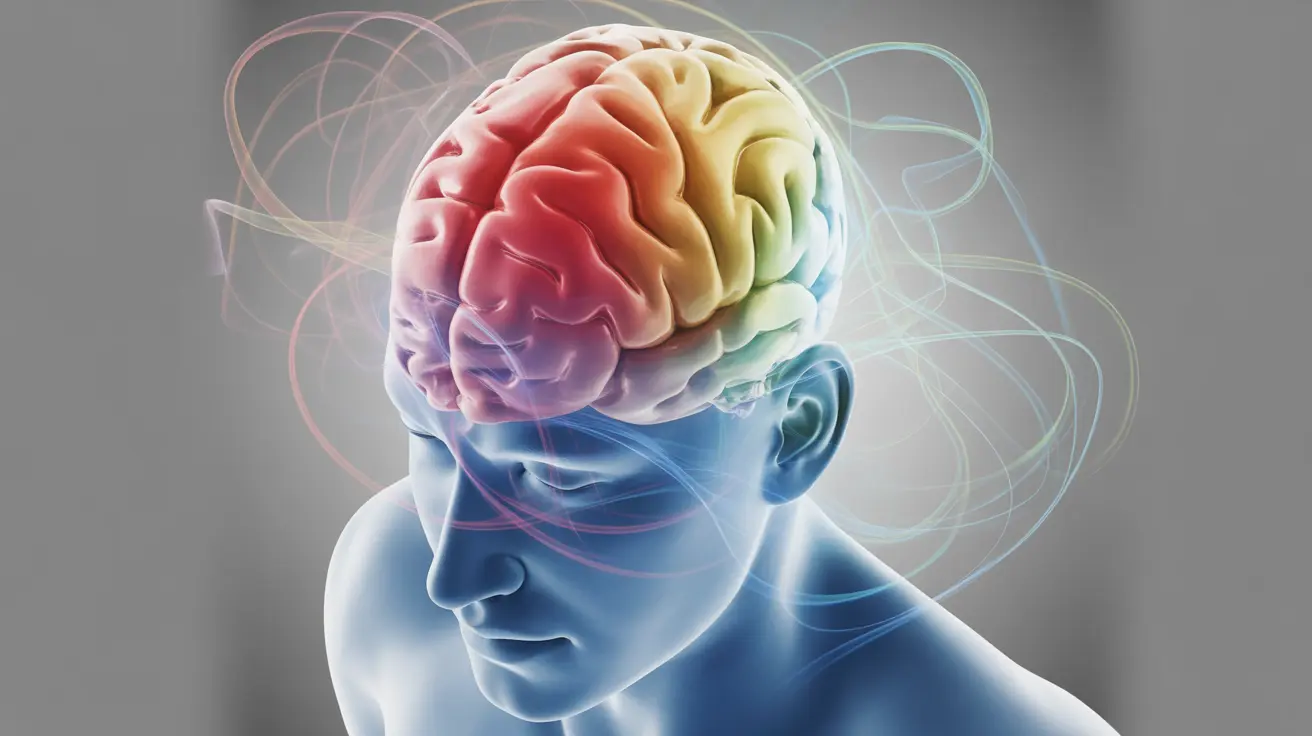Experiencing a continuous headache that lasts for days can be both concerning and debilitating. This persistent form of head pain can significantly impact daily activities and quality of life, making it crucial to understand its causes and know when to seek professional medical attention.
While occasional headaches are common, a continuous headache lasting multiple days may signal an underlying condition that requires proper evaluation and treatment. Let's explore the various aspects of persistent headaches and learn how to manage them effectively.
Common Causes of Continuous Headaches
Several factors can contribute to a headache that won't subside for days:
Primary Headache Disorders
These include conditions such as:
- Chronic migraine
- Tension-type headaches
- New daily persistent headache (NDPH)
- Cluster headaches
Secondary Causes
Continuous headaches may also result from:
- Medication overuse or rebound headaches
- Sinus infections or allergies
- High blood pressure
- Stress and anxiety
- Sleep disorders
- Dehydration or dietary triggers
Warning Signs and When to See a Doctor
While many headaches can be managed at home, certain symptoms warrant immediate medical attention:
Red Flag Symptoms
- Sudden, severe headache ("thunderclap headache")
- Headache with fever and neck stiffness
- Vision changes or neurological symptoms
- Headache following head injury
- New onset headache over age 50
If your headache persists for more than 72 hours despite over-the-counter medication, or if it significantly affects your daily activities, schedule an appointment with your healthcare provider.
Understanding Medication Overuse Headaches
Paradoxically, frequent use of pain relievers can lead to medication overuse headaches, also known as rebound headaches. This occurs when pain medications are used more than 10-15 days per month, creating a cycle of chronic headaches.
Common Medications That Can Cause Rebound Headaches
- Over-the-counter pain relievers
- Combination pain medications
- Triptans
- Opioid medications
Treatment Approaches
Treatment for continuous headaches typically involves a multi-faceted approach:
Medical Interventions
- Preventive medications
- Acute pain relief
- Treatment of underlying conditions
- Nerve blocks or other procedures when appropriate
Alternative Therapies
- Acupuncture
- Biofeedback
- Massage therapy
- Cognitive behavioral therapy
Lifestyle Management and Prevention
Several lifestyle modifications can help prevent and manage continuous headaches:
- Maintaining regular sleep patterns
- Staying hydrated
- Managing stress through relaxation techniques
- Regular exercise
- Following a balanced diet
- Identifying and avoiding trigger foods
- Maintaining good posture
Frequently Asked Questions
What are the most common causes of a continuous headache lasting for days?
The most common causes include chronic migraine, tension-type headaches, medication overuse, stress, dehydration, and underlying medical conditions such as high blood pressure or sleep disorders.
When should I see a doctor for a headache that does not go away after several days?
Seek medical attention if your headache persists for more than 72 hours, is accompanied by fever or neck stiffness, causes neurological symptoms, or occurs after a head injury. Also consult a doctor if the headache pattern changes or if over-the-counter medications aren't providing relief.
How can medication overuse lead to persistent or rebound headaches?
Regular use of pain medications for more than 10-15 days per month can lead to rebound headaches. The body becomes dependent on the medication, and when it wears off, a new headache develops, creating a cycle of chronic pain.
What treatment options are available for chronic daily headaches or migraines that last for days?
Treatment options include preventive medications, acute pain relievers, nerve blocks, alternative therapies like acupuncture and biofeedback, and lifestyle modifications. A healthcare provider can develop a personalized treatment plan based on your specific situation.
How can lifestyle changes help prevent continuous headaches from lasting multiple days?
Lifestyle changes such as maintaining regular sleep patterns, staying hydrated, managing stress, exercising regularly, and identifying trigger foods can significantly reduce the frequency and severity of continuous headaches. Keeping a headache diary can help track triggers and patterns.




